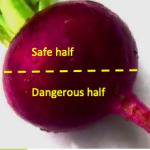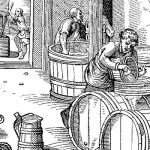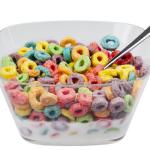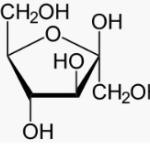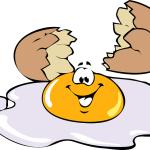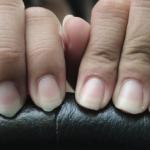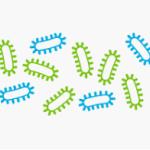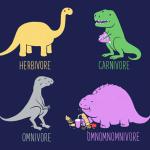Whole Foods chemists, an incongruity if ever there were one, must have a helluva job. They somehow must explain to suckers customers how the same chemical can be both good and bad for you.
Food & Nutrition
"Beer is proof that God loves us and wants us to be happy." That quote, wrongly attributed to Benjamin Franklin, could still be t
Acai breakfast bowls are available in every trendy smoothie and juice bar, but if you haven’t partaken in this particular superfood fad yet, you haven’t missed out. Turns out acai bowls don’t actually make a healthy start to the day after all.
By now, most of us are aware of the recent Annals of Internal Medicine’s publication of 4 interlocking meta-analyses of the effect of red and processed meat on our health.
It was once just innocent fruit sugar, but fructose now vies for the number one slot as the world’s biggest, baddest nutrient, making us fat and sick. Which is all nonsense of course…
No need to fear fructose!
JAMA reports a new study from the National Health and Nutrition Examination Survey (NHANES) looking at the changes in our national diet.
Reprinted by permission of McGill University Office for Science and Society.
###
When an unpublished study morphs into a health headline, you can pretty safely assume what you are about to read can be taken with a huge pinch of salt.
Consider the phrase, “you are what you eat.” While most frequently, it is applied to our diet’s effect on our health or our microbiome, can diet play a more significant role in evolution’s play?
